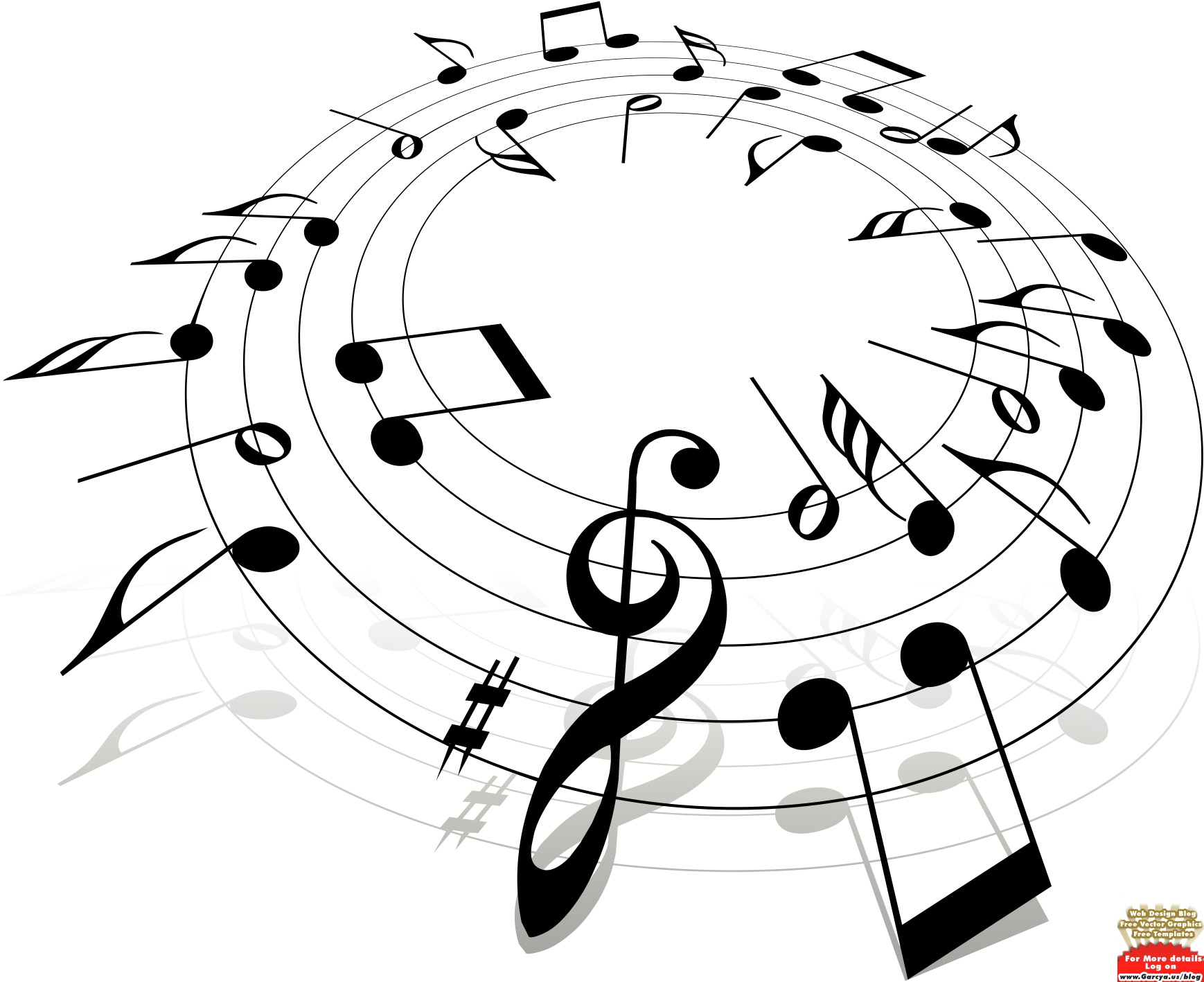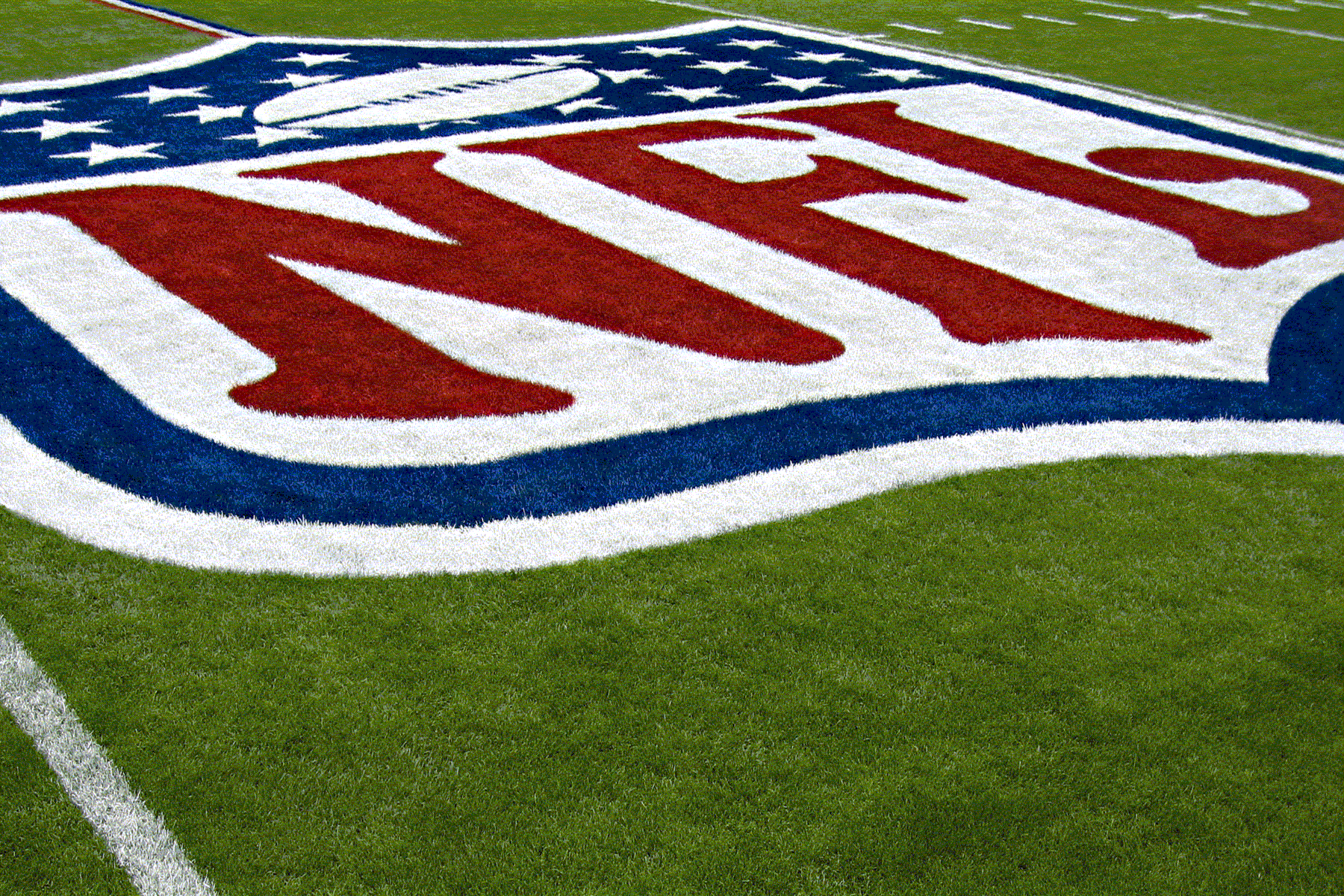With the ever-changing NCAA, Monmouth works to keep the balance of Mid Major Athletics.
Jennifer McGovern is an assistant professor in the Department of Political Science and Sociology at Monmouth. According to the Monmouth University website, she is also a wealth of knowledge about how “sport both reflects and challenges social inequalities, such as social class, race, ethnicity, nationality, gender, and sexuality.” Throughout my meeting with her, she focused primarily on the importance of mid-major Athletics at Monmouth.
Monmouth has a mid-major athletics department, and most sports are a part of the Metro Atlantic Athletic Conference, or MAAC. This means that they are not part of big five major conferences, but they are still competitive. Monmouth at the mid-major level offer benefits that are wide, as students receive the education they want, and they get to participate in the sport they love. Jennifer McGovern states that the balance is difficult, but the students at Monmouth continue to thrive despite their rigid schedules of homework, practice, and games. Our Women’s Soccer team is a prime example, having success on and off the field, with some of the highest GPAs at Monmouth while also earning the number one spot in the Women’s Soccer tournament. They were able to do both because they have the freedom to study in their field of choice and perform in a sport that matters to them.
Alli Deluca, a former soccer player at Monmouth and current graduate student commented that she finds the balance enriching and convenient. She comments on how much easier it is traveling for games by bus rather than planes like in some Major Athletic institutions. Alli also commends Monmouth for their focus on academia stating, “Something that Monmouth requires that I love is the balance that they allow for athletics and academics. For student athletes, there are required study hall hours that you must fulfill. I feel this is something that stands out to me about Monmouth Athletics.”
Another graduate student and former athlete, Eryn Mills, has a similar perspective. Performing her sport of choice in a different school, Eryn’s observations of Monmouth echo Jennifer McGovern’s sentiments. “I feel as though Monmouth’s mid-major program is exceptional and that the sports teams here really showcase a camaraderie that is unmatched. There is a lot of tradition and pride I see at Monmouth reflected in alumni and student engagement. The Athletics Department does a wonderful job of marketing and staging sporting events that helps to showcase the amazing talents of their high caliber athletes. The people on staff in Athletics really know their athletes and focus on developing and showcasing all aspects of their student-athletes.”
McGovern contends that some major athletic divisions hold their athletes back in getting a formative, strong education. She cites North Carolina as an example in her case against major Athletics. “They created fake classes so their student-athletes could continue playing in their sport and get the A’s and B’s which kept them eligible to compete.” She also mentions how Major Athletic schools prevent students from studying what they want, like nursing or education degrees. Some schools don’t allow students to major in programs that require labs or student-teaching because they interfere with practice. McGovern stresses that Monmouth doesn’t do this, nor do they have a need. McGovern believes that Monmouth athletes perform exceptionally because Monmouth puts academics before athletics. “If you’re coming to a school like Monmouth, you’re going to get that Division I experience but you’re going to feel like you can have a balance.” However, she does worry about new rules at the NCAA.
The National Collegiate Athletic Association, or, the NCAA regulates sports across the country. They look out for the benefit of college student-athletes, putting the student before the athlete. Students aren’t allowed to practice seven days a week and practices aren’t allowed to interfere with class time. Recently, the NCAA has inquired into athletes getting paid for their name, image, and likeness. What does this mean exactly? McGovern sheds light on the history of college sports and the NCAA. When sports in college began, there was nothing formal about it; students played their sport of choice against other colleges without any real rules or administration present. When things started getting out of hand, administrators stepped in and in 1906, the NCAA was founded. One of the rules was that athletes had to be considered amateurs. This meant that they couldn’t be paid for their sport in any way, shape, or form. The only thing athletes could receive was scholarships.
Professor McGovern put it this way, if a student creates a pair of athletic shorts, they should be allowed to sell them. In the past, a student-athlete wasn’t allowed to sell that pair of shorts, no matter how efficient or groundbreaking they may be. With colleges making quite a bit of money, student athletes began asking the NCAA to reconsider their outdated rules. Chair of the NCAA Board of Governors and president, Michael V. Drake is quoted on the NCAA website as saying in response to the student athletes, “We must embrace change to provide the best possible experiences for college athletes. Additional flexibility in this area can and must continue to support college sports as part of higher education.” With this ruling lifted, students would be able to use their sport to earn money.
Monmouth is also considering this rule, but without the resources that major athletics have, McGovern worries that the need to change Monmouth athletics will result in trying to move up into major athletics. Stressing only a slight consideration into becoming a Major Athletic institution, McGovern states, “This shouldn’t in any way signal that I think Monmouth is going in this direction. This just kind of signals, this is the broad trend. Is it going to trickle down to a Mid Major school?”
The question that plagues our university is how can it keep up with the emergence of this rule? As a mid-major athletic department, how can Monmouth compete with major athletics who have the resources to get their athletes paid for local commercials? What separates these major athletic institutions from our mid-major athletics at Monmouth is the emphasis on academics. McGovern expresses the hope that Monmouth continues to be a mid-major athletics department because Monmouth has successfully offered both athletics and academics for their students to thrive on and off the field.




